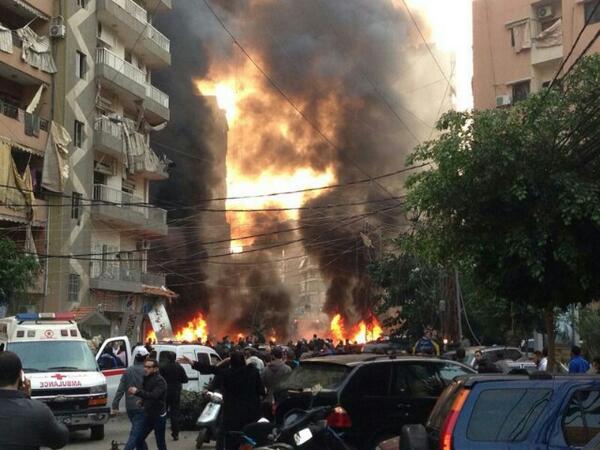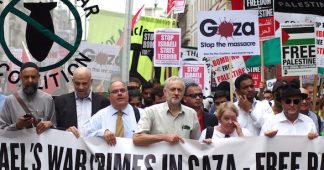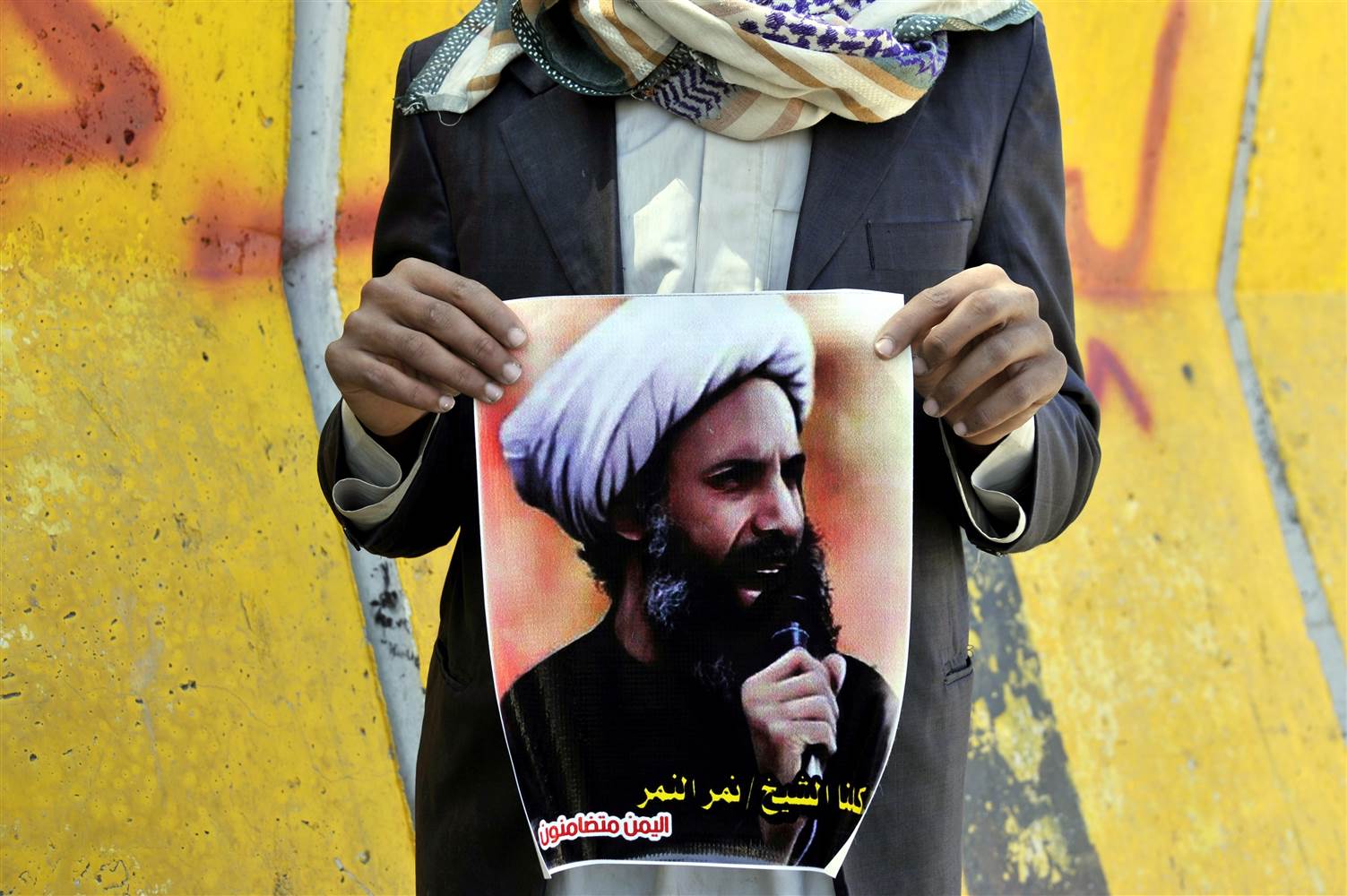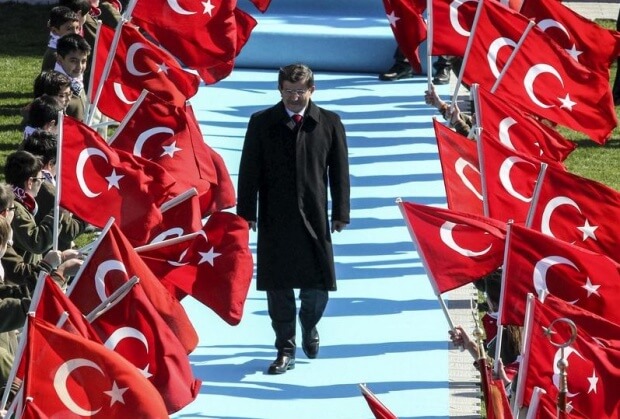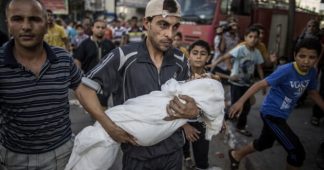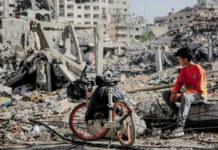Iraq: On the Edge of Chaos
By Maria Fantappie
The recent storming of Baghdad’s heavily fortified Green Zone by protesters led by Shiite cleric Moqtada al-Sadr brought to the surface a long-standing dilemma: the system which has governed the country since 2003 is in need of radical reform, but because the ruling political class has in many ways come to embody the system, it is highly resistant to genuine change. Street protests and recalcitrant politicians have created a combustible formula, paralysing state institutions and threatening to bring them down. Meanwhile, the security situation is dire, as evidenced by a series of attacks in Baghdad this week claimed by the Islamic State.
Three dynamics are at play. The first is the dysfunction of the post-2003 political system. Ostensibly designed to ensure fair ethnic-sectarian representation in state institutions, in practice it allows political parties defined by ethnic-sectarian identities to control them. Second is the mounting loss of popular trust in these parties and anger over their poor performance. Third is the fracturing of the political leadership, especially among and within the largest Shiite political forces — the Daawa Islamic Party, the Islamic Supreme Council of Iraq (ISCI), and Sadr’s own al-Ahrar — which has been accelerated by the popular discontent and the system’s shortfalls.
The latest crisis erupted when Sadr, a Shiite leader and cleric well-positioned to claim distance from the establishment, took control of mass protests in February. Sadr channelled popular anger into the political scene, effectively creating a double confrontation: between the street and the political elite, and between his own al-Ahrar bloc — which he positioned as the spearhead of the reform movement — and the other Shiite political parties.
Read the full article here:
